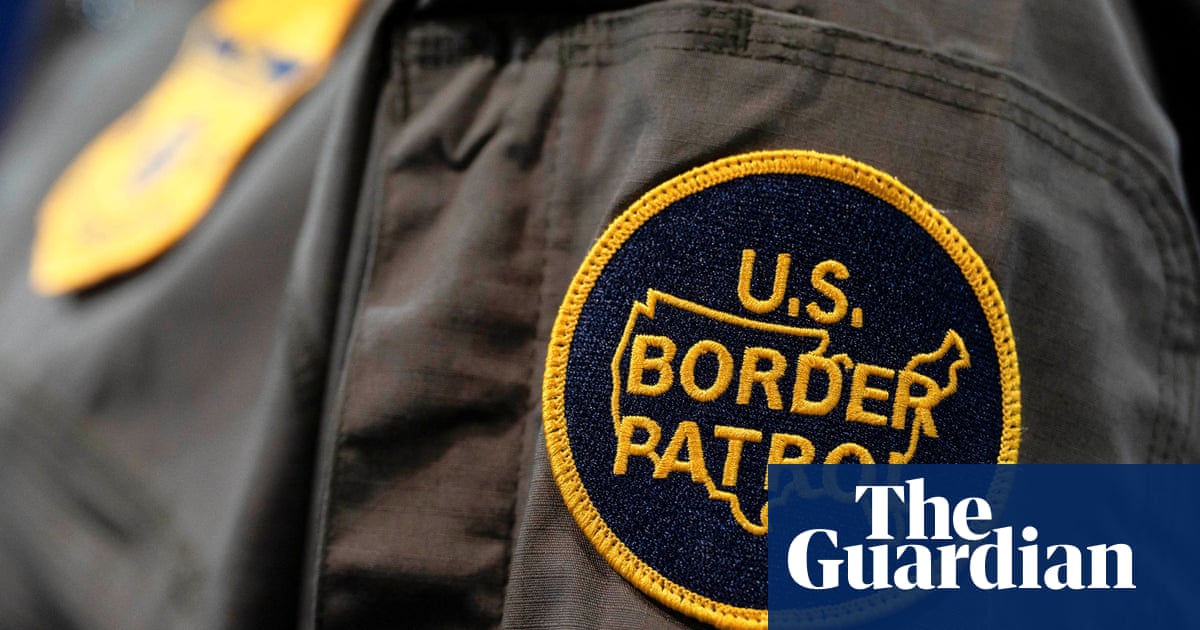A fast-moving wildfire erupted near Los Angeles causing a frenzied and chaotic evacuation through winding roads overlooking the Pacific on Tuesday. Whipped by strong gusts, the fire quickly consumed hundreds of acres in the Pacific Palisades, an affluent community nestled to the north of Santa Monica.
Southern California is grappling with a “life-threatening” windstorm this week that has fanned the fire and complicated early containment efforts. The region is expected to see what could amount to the strongest winds in more than a decade, bringing extreme fire risk to areas that have been without significant rain for months.
Videos shared online from residents, including from the actor James Woods, show flames licking homes through the canyons, thrashing trees blowing in the winds and plumes of black smoke billowing into a cloudless sky. Gridlock through the narrow streets slowed rushed escapes from the burning hillsides as flaming abandoned cars hindered already limited routes for evacuations and first responders.
The blaze is threatening residences and areas near the Getty Villa, an art museum on the eastern end of the Malibu coast, according to officials, and the dangers could escalate before they improve. Within hours, more than 700 acres were impacted.
The Los Angeles school district was also forced to relocate students from three campuses, and Joe Biden had to cancel plans for an event announcing two national monuments.
Actor Eugene Levy, the honorary mayor of Pacific Palisades, was also forced to evacuate, telling the Los Angeles Times while stuck in traffic, “The smoke looked pretty black and intense.” Other evacuees described harrowing escapes, one woman recounting to ABC7 how she abandoned her vehicle and fled with her cat in her arms: “I’m getting hit with palm leaves on fire … It’s terrifying. It feels like a horror movie. I’m screaming and crying walking down the street.”
Strong winds began hitting Los Angeles and Ventura counties on Tuesday and were likely to peak in the early hours of Wednesday, when gusts could reach 80mph (129km/h), the National Weather Service (NWS) said Monday. Isolated gusts could top 100mph in mountains and foothills.
“Strong winds are coming. This is a Particularly Dangerous Situation – in other words, this is about as bad as it gets in terms of fire weather,” the NWS said, referring to a rarely issued type of red flag warning.
A large swath of southern California, home to millions of people, is under what officials have described as “extreme risk” from the destructive storm. The weather service warned of downed trees and knocked over big rigs, trailers, and motorhomes, and advised residents to stay indoors and away from windows. Powerful offshore gusts will also bring dangerous conditions off the coasts of Orange county and LA, including Catalina Island, and potential delays and turbulence could arise at local airports.
Public safety power shutoffs are being considered for nearly 300,000 customers across the region, according to Southern California Edison’s website.
The upcoming winds will act as an “atmospheric blow-dryer” for vegetation, bringing a long period of fire risk that could extend into the more populated lower hills and valleys, according to Daniel Swain, a climate scientist with the University of California, Los Angeles and the National Center for Atmospheric Research.
“We really haven’t seen a season as dry as this one follow a season as wet as the previous one,” Swain said during a Monday livestream. “All of that extra abundant growth of grass and vegetation followed immediately by a wind event of this magnitude while it’s still so incredibly dry,” elevates the risk.
Gavin Newsom, the state’s governor, announced on Monday that his office would deploy resources around the region to respond to the storm, including moving fire crews and equipment from the north, where the fire season has come to an end, to southern California.
“We are no strangers to winter-time wildfire threats, so I ask all Californians to pay attention to local authorities and be prepared to evacuate if told to go,” the governor said in a statement.
Recent dry winds, including the notorious Santa Anas, have contributed to warmer-than-average temperatures in southern California, where there has been very little rain so far this season.
Southern California has not seen more than 0.1in (0.25cm) of rain since early May. Much of the region has fallen into moderate drought conditions, according to the US Drought Monitor. Meanwhile, up north, there have been multiple drenching storms.
Areas where gusts could create extreme fire conditions include the charred footprint of last month’s wind-driven Franklin fire, which was driven by high winds and damaged or destroyed 48 structures, mostly homes, in and around Malibu.
The blaze was one of nearly 8,000 wildfires that added up to scorch more than 1,560 sq miles (more than 4,040 sq km) in the Golden state last year.
The last wind event of this magnitude occurred in November 2011, according to the NWS, during which more than 400,000 customers throughout LA county lost power, the Los Angeles Times reported. At night, normally bustling streets were dim and left without traffic signals.
Planned power shutoffs for the public’s safety, if deemed necessary, are projected to happen Tuesday and Wednesday, according to Southern California Edison.
“The grid is built to withstand strong winds,” said Jeff Monford, a spokesperson for the utility. “The issue here is the possibility of debris becoming airborne and hitting wires … or a tree coming down.”

.png) 3 months ago
40
3 months ago
40













































